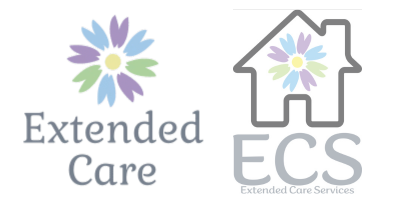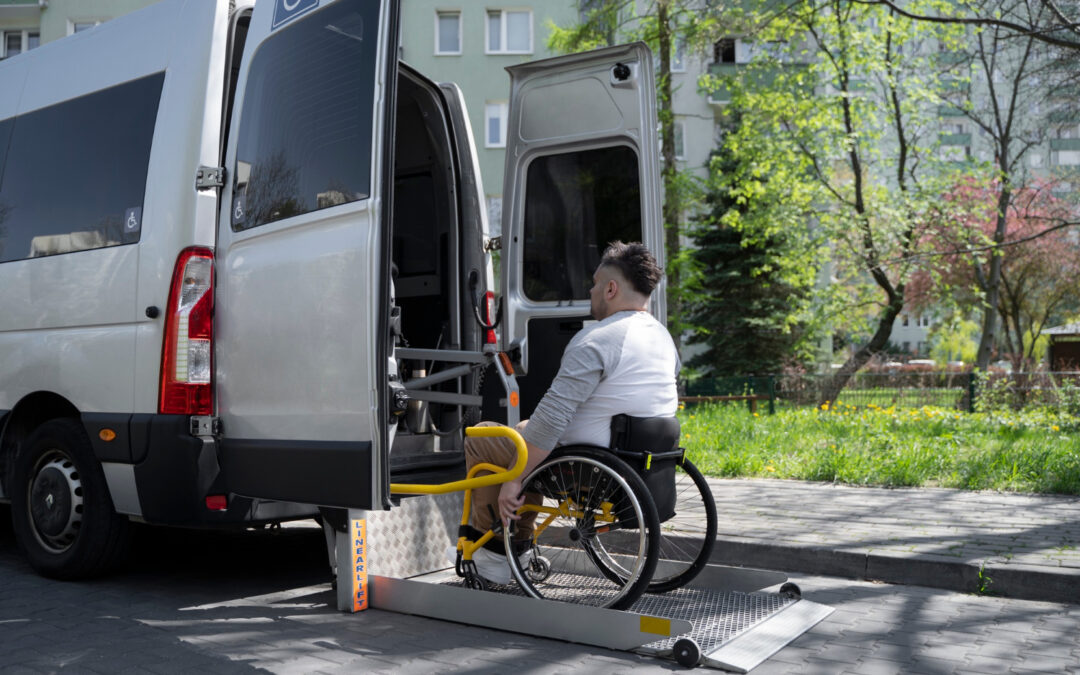Extended Care Services is dedicated to helping adults with disabilities in Ventura County lead fulfilling lives and maintain independence by providing reliable, non-medical transportation services. To ensure a smooth, stress-free experience for both passengers and their caregivers, proper preparation is paramount.
This easy-to-follow checklist offers practical suggestions to make the process of non-medical transportation seamless for clients, addressing concerns regarding safety, comfort, and overall satisfaction. By being well-prepared and equipped, individuals can focus on fully enjoying the activities and appointments facilitated through Extended Care Services’ non-medical transportation options.
Continue reading for a comprehensive guide on how to prepare for non-medical transportation and experience the peace of mind that follows a safe and comfortable journey in Ventura County.
1. Schedule and Confirm Transportation Appointments
As a first step, it is crucial to arrange and verify transportation appointments with Extended Care Services well in advance. This proactive approach ensures that clients receive the desired services promptly and that the transportation aligns with their personal schedules.
– Book your appointment: Contact Extended Care Services to schedule the non-medical transportation service, providing details about the pickup and destination locations, as well as any special accommodations or preferences.
– Confirm the appointment: Double-check with the agency the day before the scheduled transportation to ensure accurate service details and address any last-minute changes.
2. Organize Essential Personal Items and Documents
Being well-organized is key to a smooth, stress-free experience. Clients should prepare all necessary personal items and documents before the transportation service commences.
– Identification: Bring a valid photo ID and any other necessary identification documents (such as social security card or Medicaid information) that might be required for appointments or other activities.
– Medical Supplies: Pack a personal supply of essential medication, medical devices, or equipment needed during the course of the trip.
– Personal belongings: Organize personal items such as snacks, a water bottle, a mobile phone with charger, and any entertainment material, like books or a music player.
– Emergency contact information: Ensure you have a list of emergency contacts, including names, phone numbers, and relevant medical background information.
3. Communicate Special Accommodations or Requests
To guarantee the personalized and comfortable services Extended Care Services is known for, clear communication of any special accommodations or requests is essential.
– Mobility aids: Inform the agency of any mobility aids or equipment (e.g., wheelchairs, walkers) that need transportation or assistance in handling.
– Seating preferences: Discuss preferred seating arrangements, or specific seat requirements with Extended Care Services, ensuring a comfortable environment that caters to any physical limitations or preferences.
– Medical or disability-related needs: Communicate any special medical or disability-related requests, such as necessary rest stops or specific temperature settings.
– Allergies, sensitivities, or dietary restrictions: Notify Extended Care Services of any known allergies, sensitivities, or dietary restrictions to minimize risks during transportation.
4. Dress Comfortably and Appropriately
Attire is an important consideration that impacts comfort and well-being during non-medical transportation services. Adhering to the following guidelines will ensure a comfortable ride:
– Seasonally appropriate clothing: Wear clothes appropriate for the current weather conditions to maintain a comfortable body temperature during the entire journey.
– Layers: Dress in layers to easily adjust clothing according to temperature changes, especially for clients who may experience sensitivities to specific temperatures.
– Comfortable, practical footwear: Choose supportive, non-slip footwear for safe and comfortable mobility throughout the day.
5. Establish Clear Communication Channels
Communication plays an essential role in creating a seamless, stress-free non-medical transportation experience. By fostering efficient and respectful communication, clients are better equipped to advocate for their needs effectively.
– Develop communication strategies: Establish a primary method of communication for both the client and Extended Care Services staff, considering any accessibility equipment or services required (e.g., sign language interpreter, text-to-voice device).
– Designate emergency contact: Provide Extended Care Services with the name and phone number of an emergency contact person who will act as the primary point of communication should any issues arise during transportation.
– Clarify logistics: Discuss procedures or protocols for pickup, drop-off, and in-vehicle communication with Extended Care Services to ensure consistency and uphold expectations.
6. Plan for Car Sickness or Anxiety During Transportation
For some clients, non-medical transportation may cause anxiety or car sickness. It is essential to prepare for such situations to ensure a comfortable, positive experience:
– Discuss concerns with a healthcare professional: Seek advice from a physician or therapist to explore coping mechanisms, medication, or other strategies to alleviate symptoms.
– Practice relaxation techniques: Utilizing deep-breathing exercises, guided imagery, or meditation can mitigate anxiety or discomfort during transportation.
– Acupressure bands: Consider using acupressure wristbands, which apply pressure to specific points on the wrist and may alleviate symptoms of car sickness.
– Hydration and nutrition: Maintain proper hydration and avoid heavy meals before traveling to minimize the risk of car sickness.
7. Prioritize Safety and Follow COVID-19 Protocols
Clients should adhere to safety guidelines and specific COVID-19 protocols to minimize health risks and contribute to a safer traveling environment for all:
– Follow mask requirements: Wear a mask during transportation, according to Extended Care Services and local guidelines.
– Hand hygiene: Bring personal hand sanitizer and practice good hand hygiene, especially when entering or exiting the vehicle.
– Social distancing: Maintain appropriate social distancing when possible, following Extended Care Services’ recommendations.
– Health screening: Inform Extended Care Services if experiencing any symptoms of illness or have had recent contact with someone who has tested positive for COVID-19.
By following this comprehensive checklist, adults with disabilities can experience a smooth, safe, and comfortable non-medical transportation experience in Ventura County through Extended Care Services.
Ensuring a Smooth, Comfortable Non-Medical Transportation Experience
Proper planning and communication are essential for a seamless, stress-free non-medical transportation experience with Extended Care Services. By following this comprehensive checklist, clients can prepare for a safe, comfortable journey that caters to their individual needs and preferences.
Extended Care Services is proud to support adults with disabilities in Ventura County by delivering reliable, personalized, non-medical transportation services.
Reach out to Extended Care Services today to schedule your non-medical transportation service needs and experience the freedom and ease of mobility with the support of our dedicated professionals!

